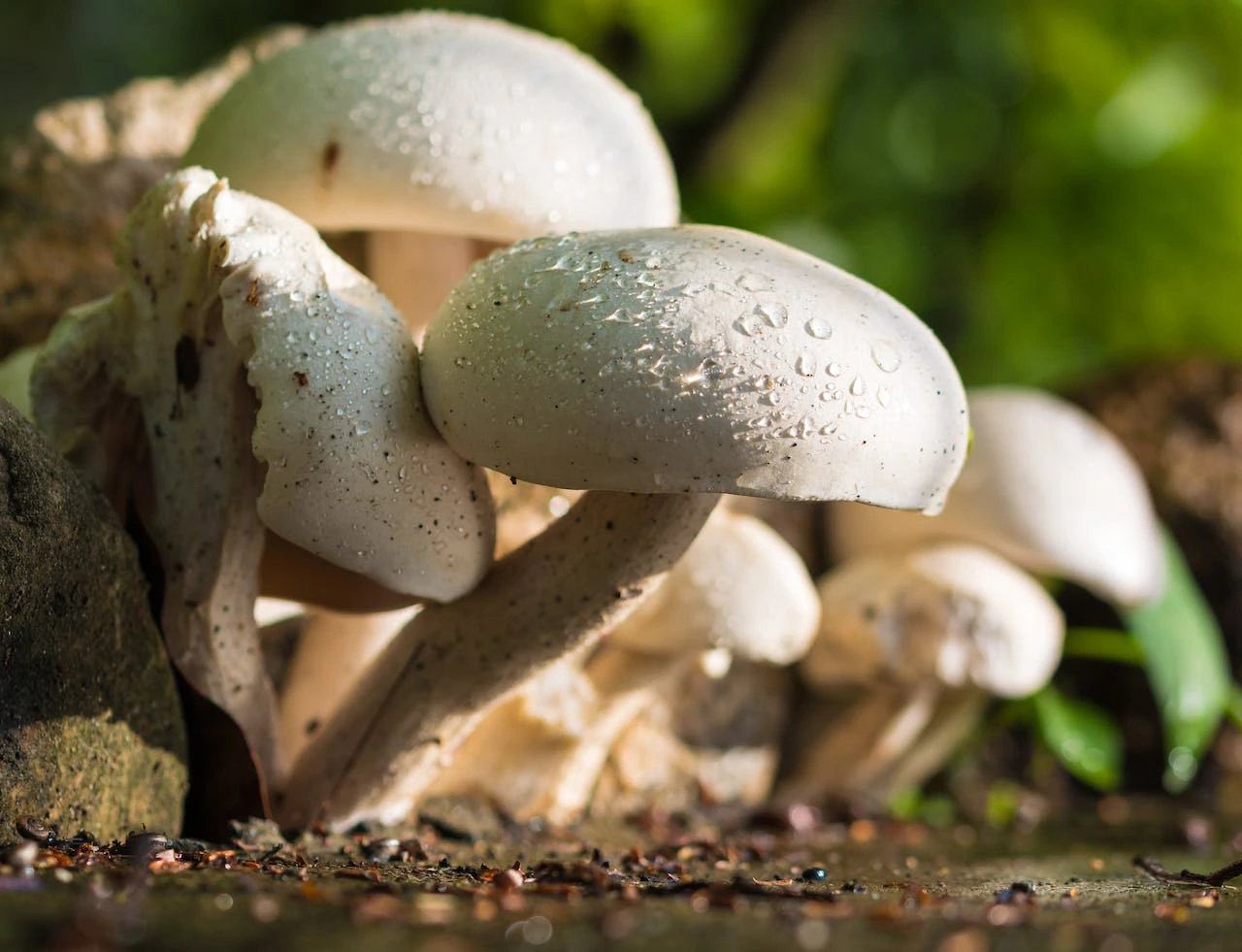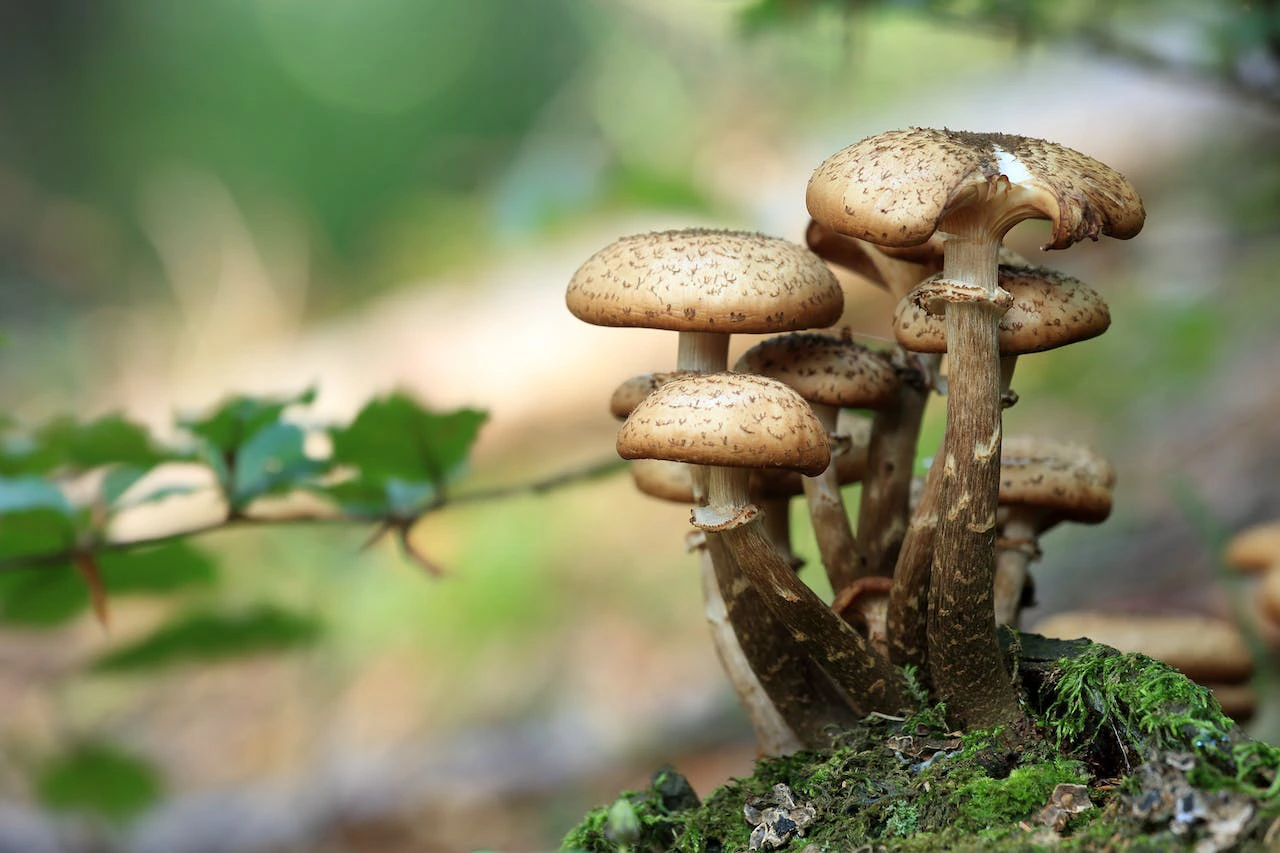What is Psilocybin?
Psilocybin, a naturally occurring compound found in psilocybin mushrooms, is renowned for its psychedelic properties. These mushrooms, often referred to as magic mushrooms, are a type of entheogenic plant used in various cultural and spiritual practices for centuries. The transformative experiences induced by psilocybin have made it a subject of interest in both traditional and modern contexts.
How Does It Work?
When ingested, psilocybin is converted into psilocin, its active form, which then binds to serotonin receptors in the brain. This binding alters perception, mood, and thought processes, often leading to profound psychological experiences. These experiences can be deeply meaningful, and in some cases, facilitate lasting personal transformation.
The Fascinating World of Magic Mushrooms
Magic mushrooms, which contain psilocybin, come in various types. Each type offers a unique experience, often influenced by the environment in which they are consumed. The most common types include Psilocybe cubensis, Psilocybe semilanceata, and Psilocybe cyanescens. Their effects range from mild euphoria and altered perceptions to deeply introspective and spiritual experiences.
The Therapeutic Potential of Psilocybin
Recent studies, particularly in the Bay Area, have highlighted psilocybin’s potential benefits in treating mental health issues like depression and anxiety. This is particularly significant in the context of plant-based psychedelics, where natural substances are used for their healing properties. The concept of microdosing, which involves consuming very small amounts of psilocybin, is gaining popularity in cities like San Francisco and Oakland. This practice is said to enhance creativity and emotional well-being without the intensity of a full psychedelic experience.
Navigating the Risks
While psilocybin is considered one of the safer psychedelics, it’s not without risks. Potential adverse effects include psychological distress and perceptual disturbances. Personal use of psilocybin, especially in cities like San Francisco and Oakland where it has been decriminalized, should be approached with caution. Consulting healthcare professionals is advisable, particularly for those with underlying health conditions.
Legal Landscape and Personal Use
The legal status of psilocybin varies globally, with some regions like the Bay Area having more progressive policies. In San Francisco and Oakland, personal use of entheogens like psilocybin is decriminalized, allowing for more open research and discussion. However, it’s important to remain informed about local laws and regulations regarding the use of psychedelics.
Getting Started with Psilocybin
For those interested in exploring the world of psychedelics, starting with a well-informed and cautious approach is key. Engaging with communities in areas like the Bay Area, where personal use of plant-based psychedelics is more accepted, can provide valuable guidance. Additionally, understanding the different types of psilocybin mushrooms and their effects is crucial for a safe and beneficial experience.
Conclusion
Psilocybin offers a fascinating glimpse into the world of psychedelics, with potential benefits that are only beginning to be understood. Whether it’s through microdosing or more traditional use, psilocybin presents an intriguing option for those seeking psychological and spiritual growth. As research continues, particularly in areas like San Francisco and Oakland, our understanding of these entheogenic plants and their applications will undoubtedly expand.


